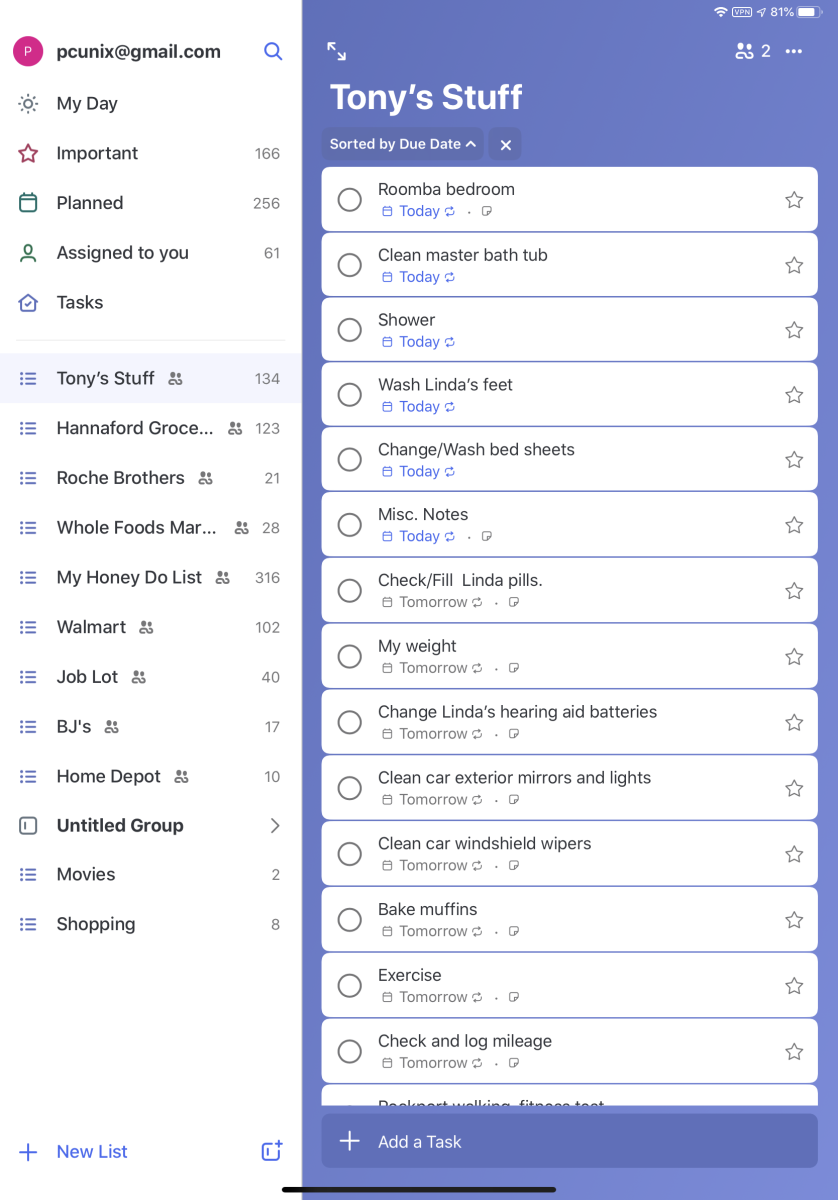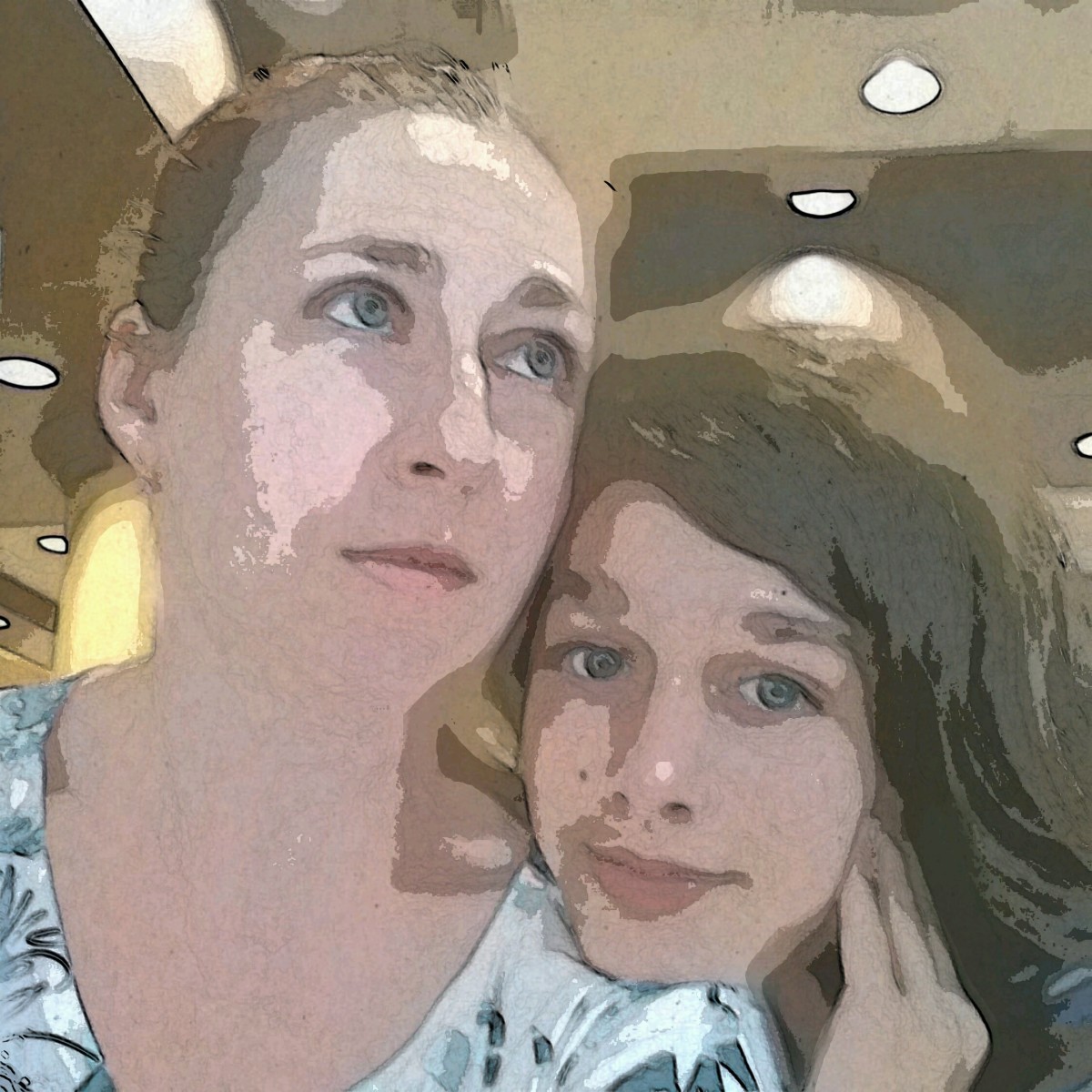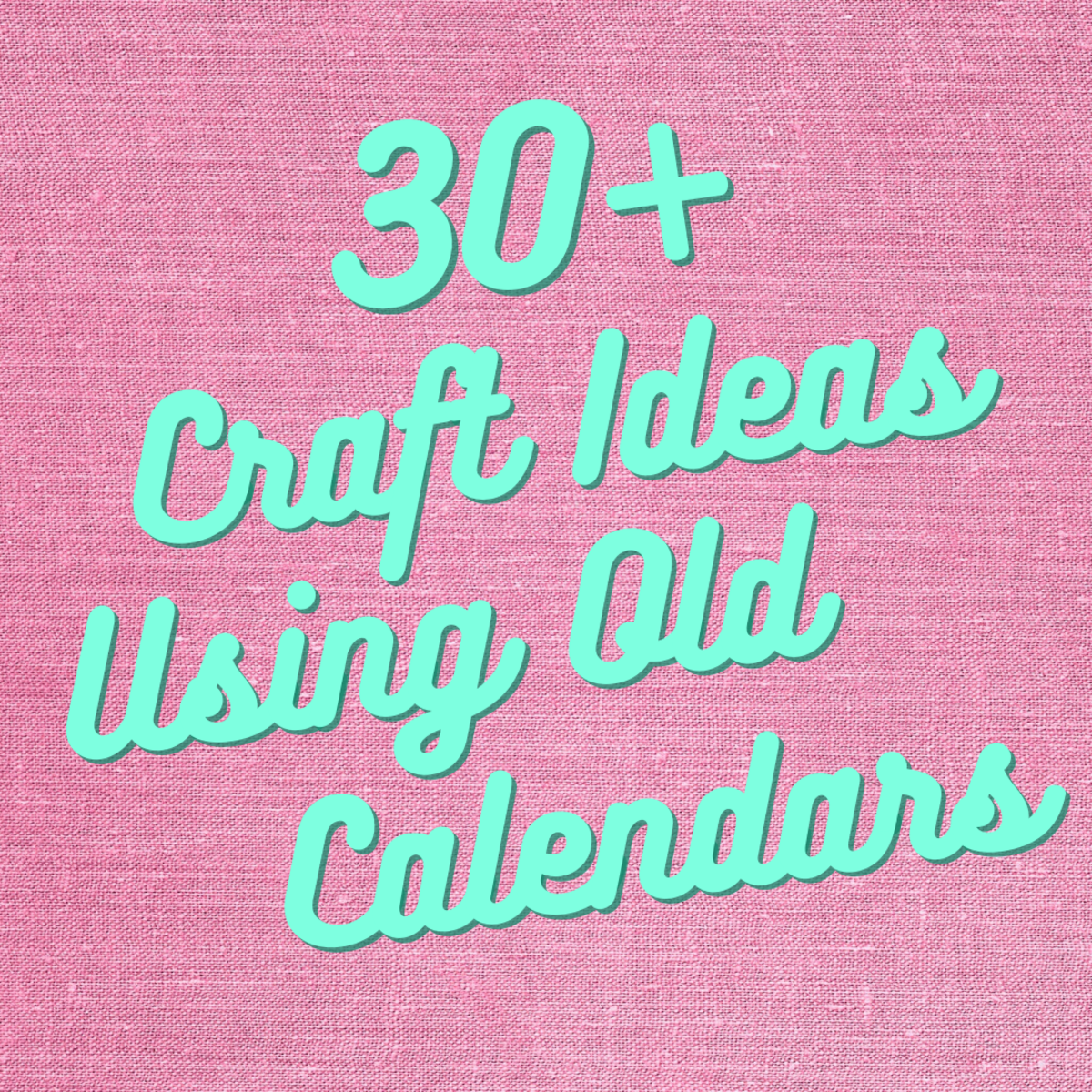A Calendar
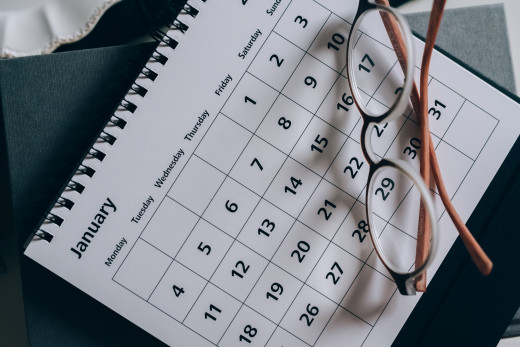
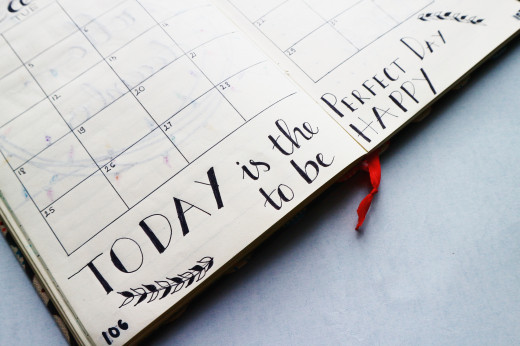
A calendar is a valuable tool that displays a year's days, weeks, and months, and it has become an essential part of our lives. With so many tasks to juggle, remembering our commitments, including appointments, birthdays, and anniversaries, can be challenging. Therefore, many of us use calendars in physical form or on our devices or email accounts. Furthermore, most of us set reminders on our calendars to prompt us when appointments are nearing.
I used to rely on my email calendar to keep track of my commitments, but I encountered a problem when my appointments got mixed up, and I missed one. I realized that relying solely on technology can be risky, so I started using a small paper calendar I could carry. Although I don't get reminders with a physical calendar, I appreciate the mental exercise of memorizing my commitments. It's essential to keep our brains sharp to prevent memory loss and improve our overall quality of life as we age.
Aside from using a calendar, there are other techniques we can use to keep our memory sharp, such as doing routine tasks in different ways, activating our senses, and breaking routines. It may be challenging to rely on our memory at first, but it's worth the effort. Research has shown that we only use a small portion of our brain's capacity, so let's challenge ourselves to use it more.
Good luck!
A Calendar is a table showing a year's days, weeks, and months.
It has become a significant part of our life. We have all become so multi-tasking that keeping track of our appointments and commitments and friends' birthdays, anniversaries, etc., is challenging. Thus, we have all started marking it down on the calendar.
This calendar could be our calendar pasted on the fridge, the calendar on our phone, or our email address. Most of us also have these reminders in our calendars, which prompt us when the appointment is nearing. Technology sure is impressive.
It's like we have our personal assistant (PA) by our side, and she does not even take pay :)
My Experience
With technology growing, I went high-tech by putting up all my commitments on my email calendar, and BOOM!! I don't know what happened, but my calendar got messed up, and all my appointments got shuffled around. Friends birthday's and anniversaries disappeared, and I had no clue about it. I just went on with my regular business. When I missed out on one of my commitments, I realized that something was wrong since; my calendar did not buzz me about it, and I was very disappointed but also came to a realization.
My Conclusion
Calendars are essential in our lives, and what better calendar than our original paper one? I have started to use a small paper calendar that fits into my bag and use it to mark my commitments. The disadvantage to it is; that since it is on paper. I don't get reminders, but then I am happy that I am using some area of my brain to memorize things.
There were times when I could remember the telephone numbers of so many people, but now, it's all listed in my phone contacts.
It is good to keep our brains sharp by memorizing numbers and dates. This prevents us from getting dementia and helps improve our memory. Memory improvement is vital for the survival of man in all forms. The nervous system allows us to move, remember and communicate. It is one of the necessary forms of sustaining the quality of our life as we grow old.
Besides trying to keep numbers in our memory, there are also some techniques to keep our memory sharp.
- Get dressed or take a shower with your eyes closed. That helps our senses get activated, and they work in a novel way.
- Eat a meal with your family in silence and experience how well you chew your food and relish it.
- Try to do two things at a time using your senses. Example-Smell something while listening to something.
- Try to activate your emotions, such as love, anger, and laughter, by going out of the way and expressing them.
- Break a routine. Such as taking a different route while going to work OR doing your regular chores differently.
It is a challenging task to use our memory for various things. Initially, we will find exhaustion of our brain towards the end of the day since; we tried to remember so many things. But the good part is that we are using our brains.
Research has proved that we use only 10% of our brain, so let's widen our horizon and use it more.
Good luck!

© 2011 Ruchira

